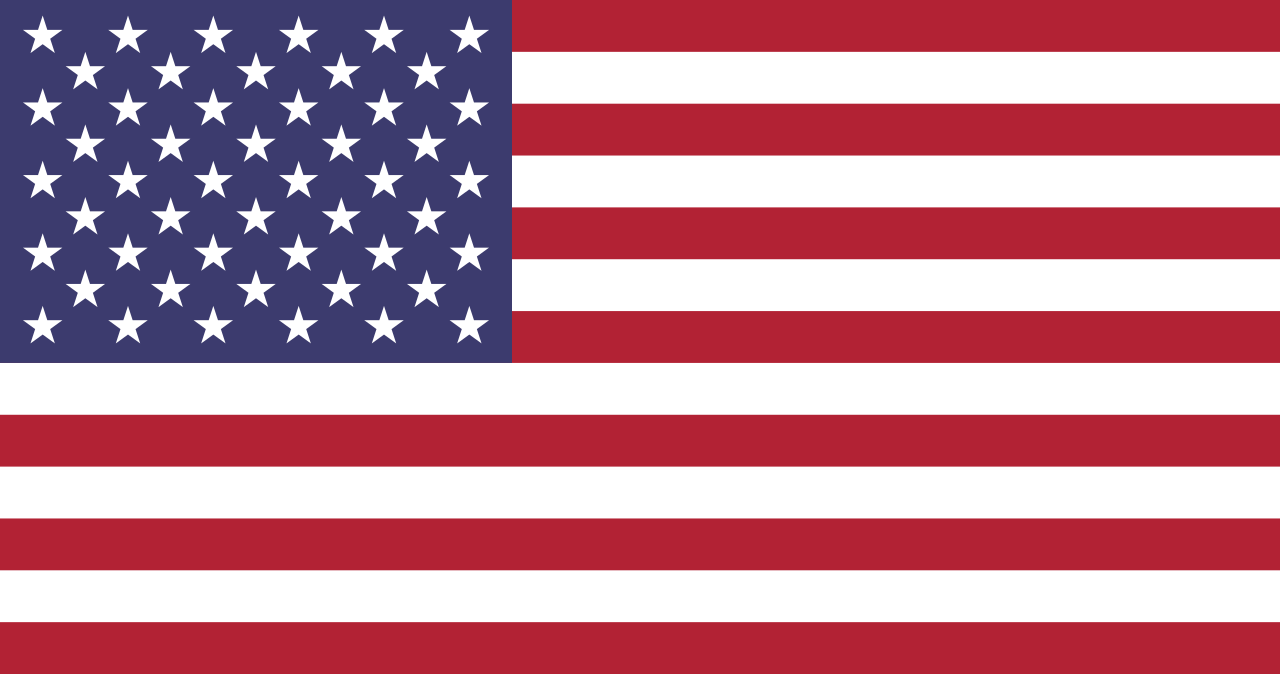His Excellency George Washington by Joseph Ellis
The very first book of this project! I had planned on reading Ron Chernow's Washington: A Life as my foray into the life of America's first president. After all, Chernow's Hamilton had set off a cultural revolution by way of Lin Manuel-Miranda's brilliant musical, and I myself had read and loved his captivating biography when it was originally released (if only I had had the foresight to turn it into a hip-hop musical!)
But here I was, standing inside my local Half-Priced Books, when the idea of doing this crazy presidential project took hold. Suddenly, I was seized with the unshakeable urge to start immediately. I scanned the shelves, hoping to find Chernow's 900-plus page epic but alas, I was left with a scattering of more modest aspirants.
Joseph Ellis's name did jump out, however. I loved his book, The Quartet detailing the years between the war and the formation of the federal government. And his focus on George Washington, Alexander Hamilton, John Jay, and James Madison as central forces within that cause made for fascinating, focused reading.
“First in peace, first in war, and first in the hearts of his countrymen.”
I was also pleased to see that my go-to source for all things presidential bios, Stephen Floyd, via his awe-inspiring blog, found Ellis's book to be his "Best Short Bio of Washington."
And it should be said, Ellis is one of the most prolific popular writers of the revolutionary period and a Pulitzer Prize winner, so I was no doubt in good hands.
I guess my biggest fear was that I would be short changing a national icon. The national icon. How was I to square the fact that I would embark on an 800-page tome on John Adams but would be devoting a mere 275 pages to the American Cincinnatus? After all, Washington served in the French-Indian War, commanded the Continental Army throughout the Revolution, attended the Constitutional Convention and served two terms as our nation's first president!
But as I said, I did want to get started.
Thankfully, Ellis is a wonderfully readable and thoughtful writer with advanced mastery of his subject. Though indeed short, Ellis's book brings Washington to life for the casual reader. It opens dramatically, during the French and Indian War as Ellis describes graphic encounters with Indians that split open the heads of French soldiers and pulled out their brains (seriously!)
In these tales from Washington's early adventures, we already uncover glimpses of his prejudices, predilections and peccadillos. For instance, during the Seven Years War (as the British referred to it) we encounter Washington learning the art of guerrilla warfare from the Ohio valley Indians they struggled so mightily against (tactics that American militias would use at Lexington and Concord and under Washington at various stages throughout the conflict.) We are witness to his temper and brashness as he calls out, in his mind, the foolishness of his commanding officers. And we are introduced as well to his lifelong preoccupation with sartorial splendor as he personally designs the uniforms of his Virginia regiment.
Throughout the book, Ellis does a wonderful job illuminating Washington's evolution as a leader and a statesman. Washington gives the appearance of being a hard man to get to know. He seems perpetually chiseled in marble, an American totem so significant as to appear to be more symbol than living, breathing being. Ellis provides enough detail and anecdotes to give him real depth as a man, at least as much as we can expect in such a short treatise.
Washington wasn't a prolific thinker or writer like Adams or Jefferson. He didn't possess the intellectual gifts of Hamilton or Madison. He didn't have Franklin's wit, or Samuel Adams’s fiery spirit, but Ellis shows us that he was the absolute essential man for the job of the new nation's first president.
By the end of his second term, the politics had already gotten ugly. America's first political parties were coalescing. Rancor, suspicion and accusations of infidelity to the cause were commonplace. But Washington remained, just barely, above it all (at least until he demanded that Adams stack the army with Federalists). He was still seen by most as the man who could have been king, but instead gave it all up to go home at last to Mount Vernon to the end of his days.

